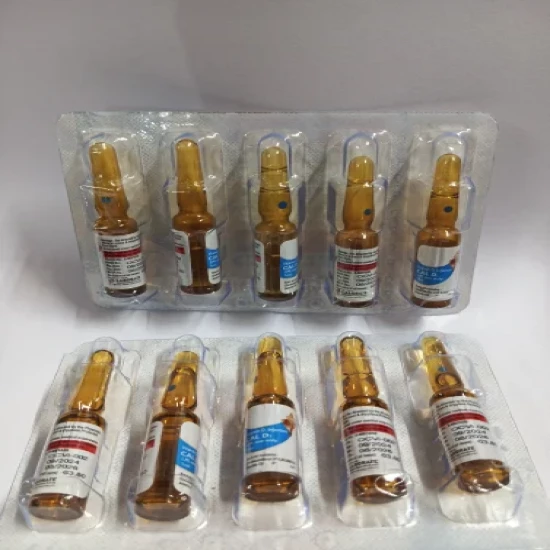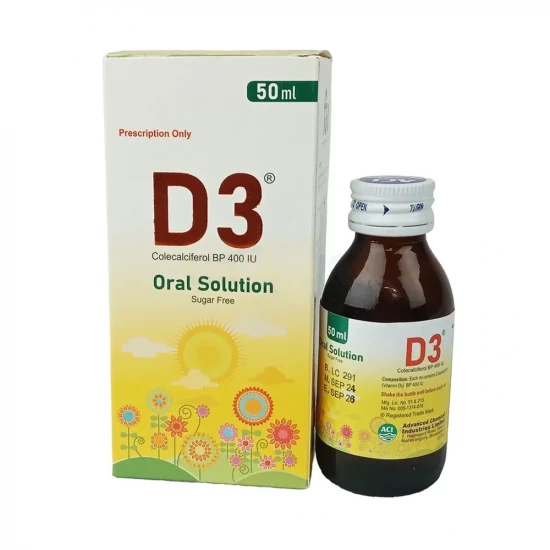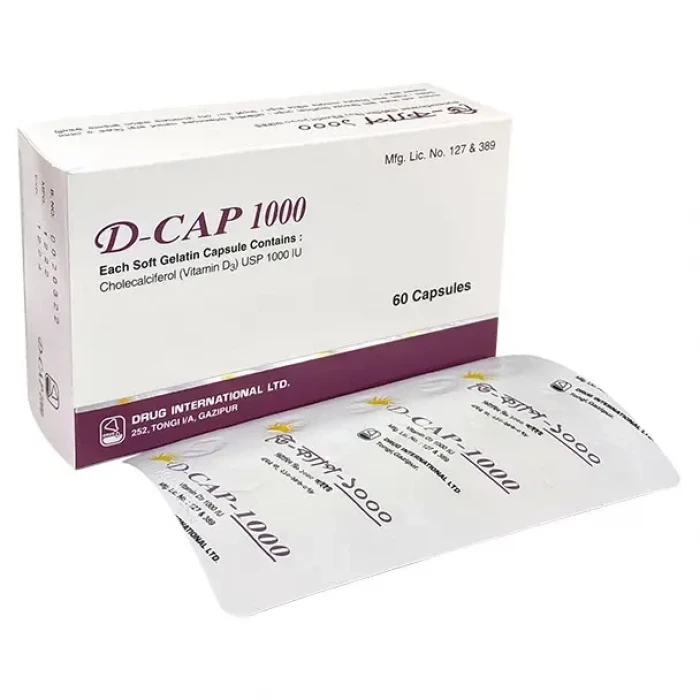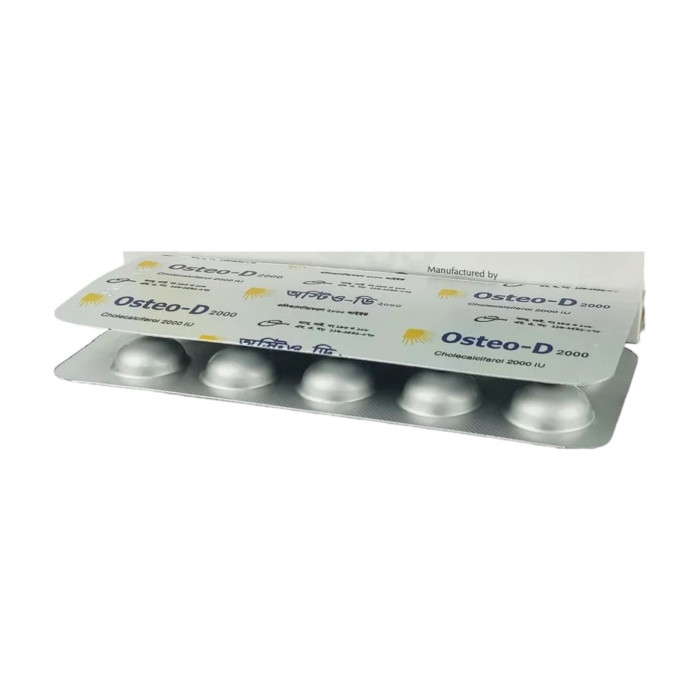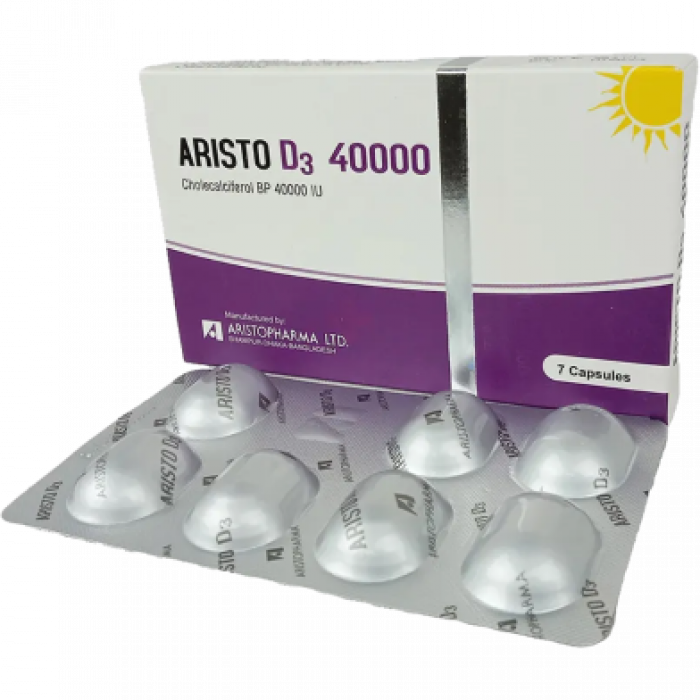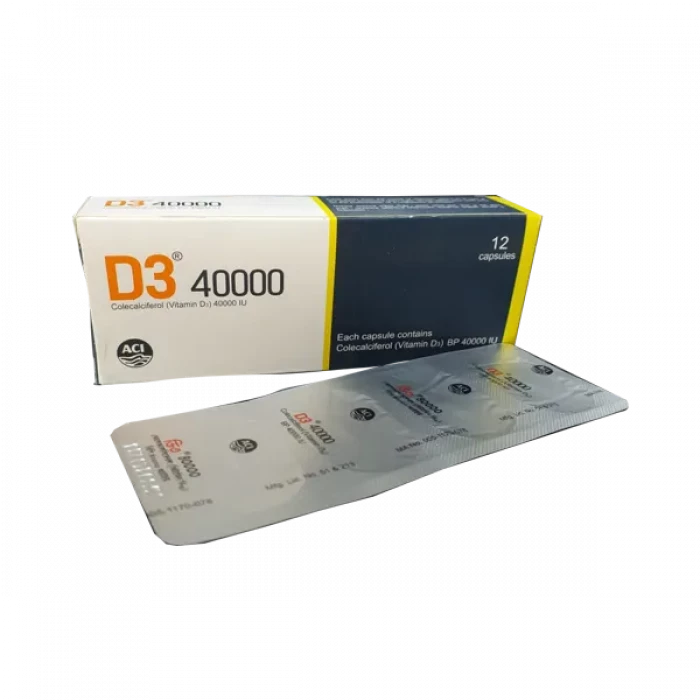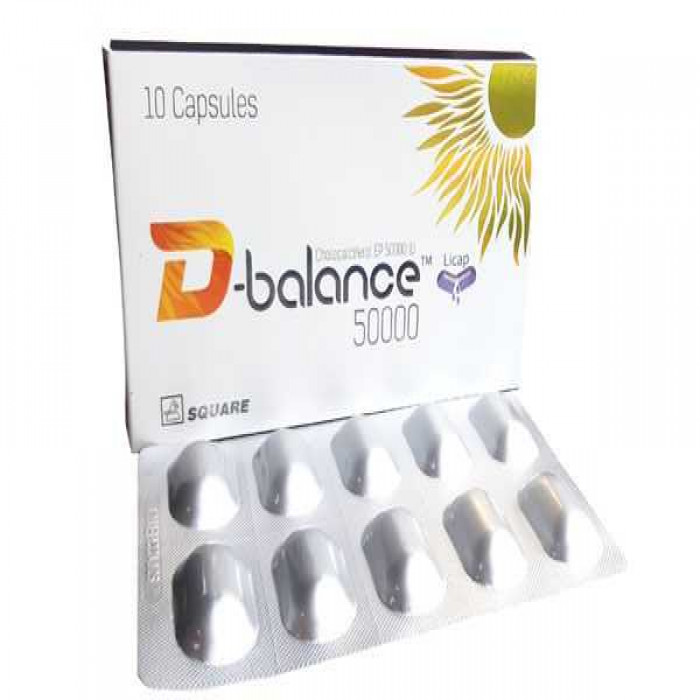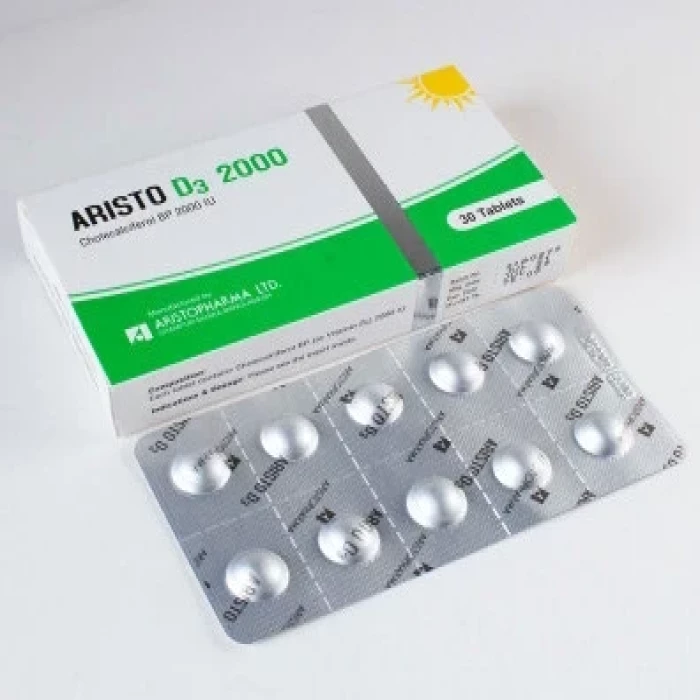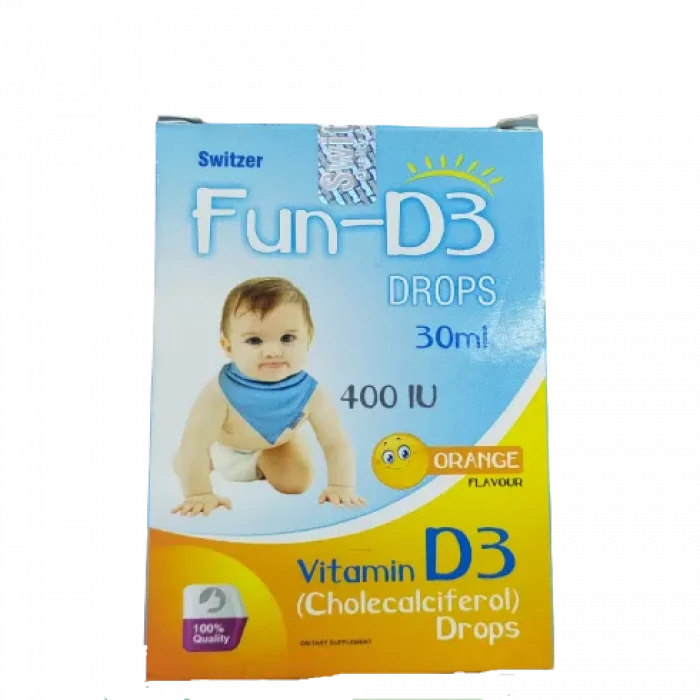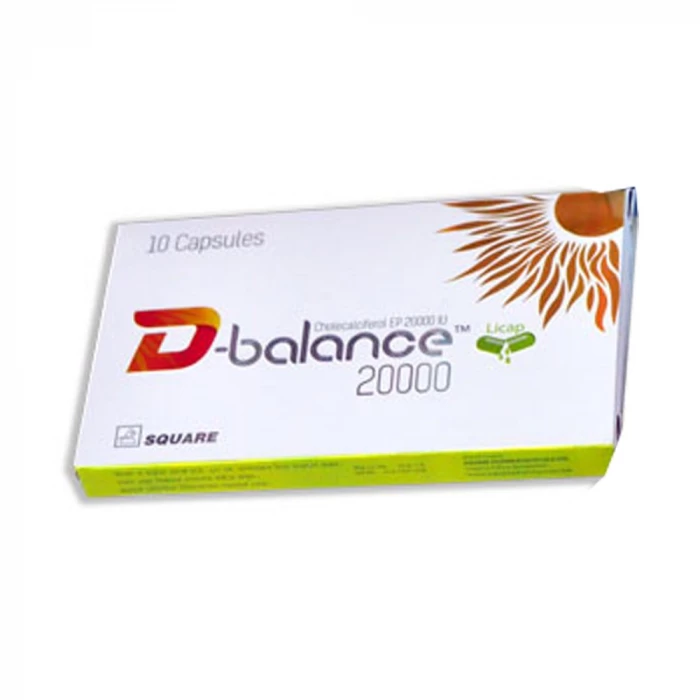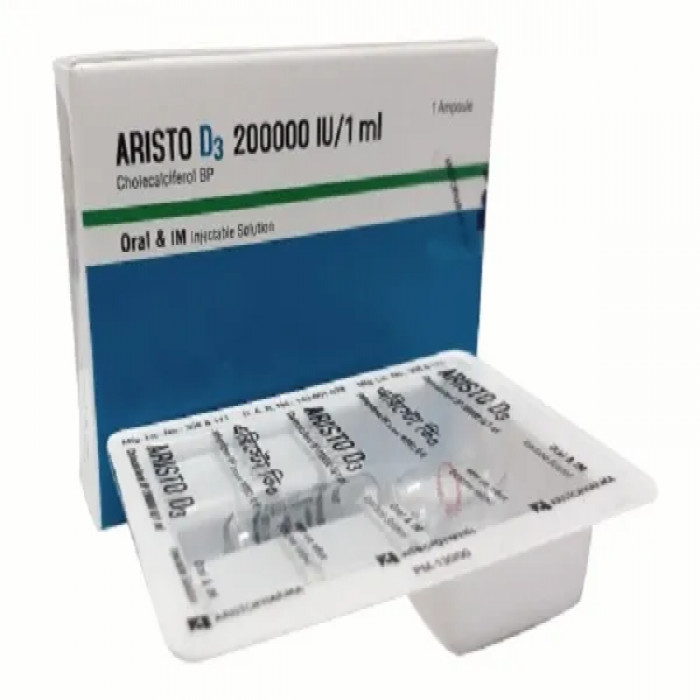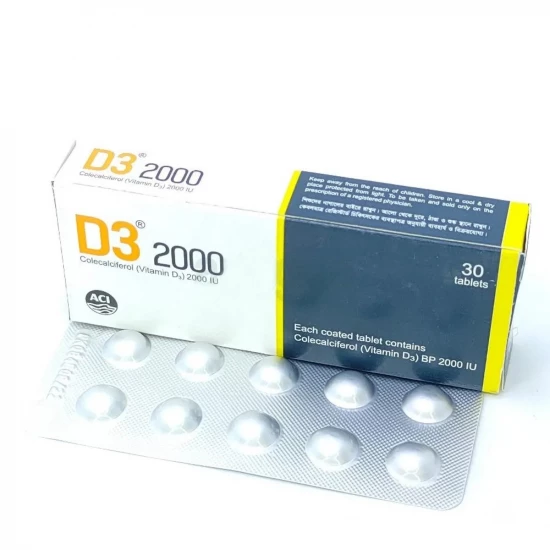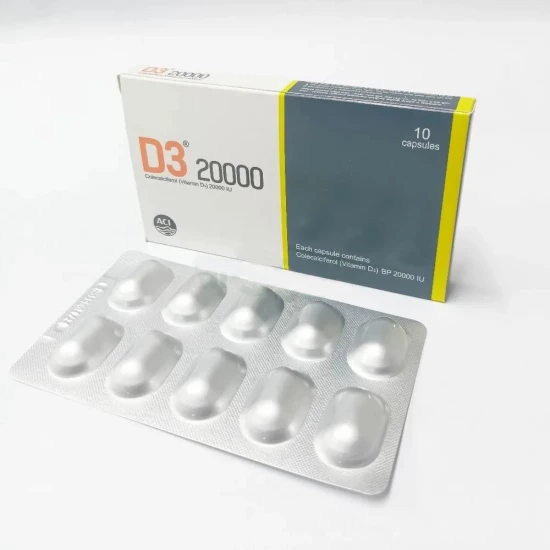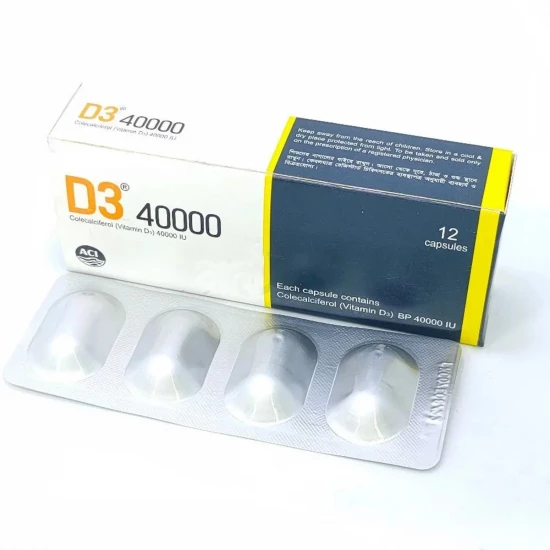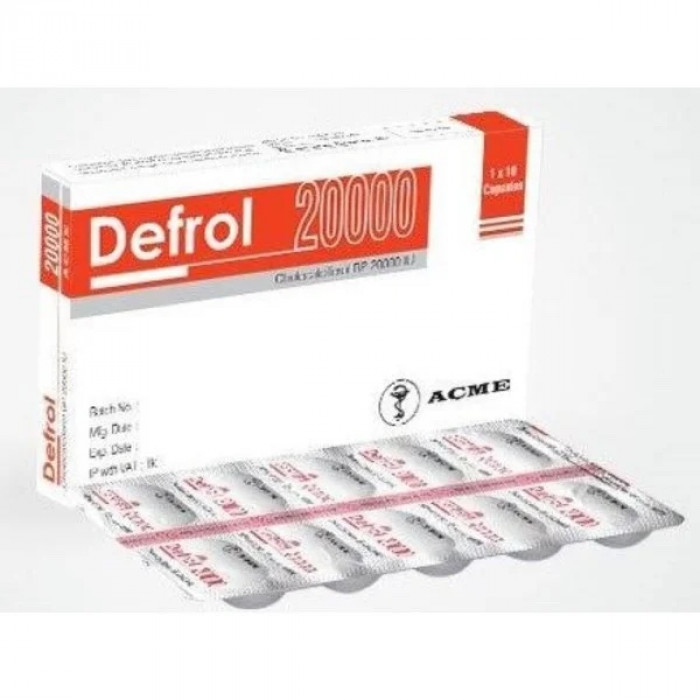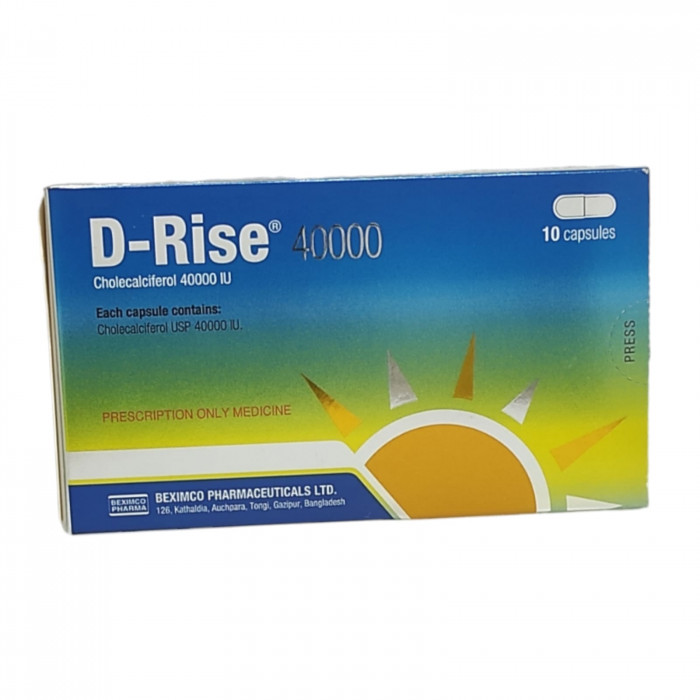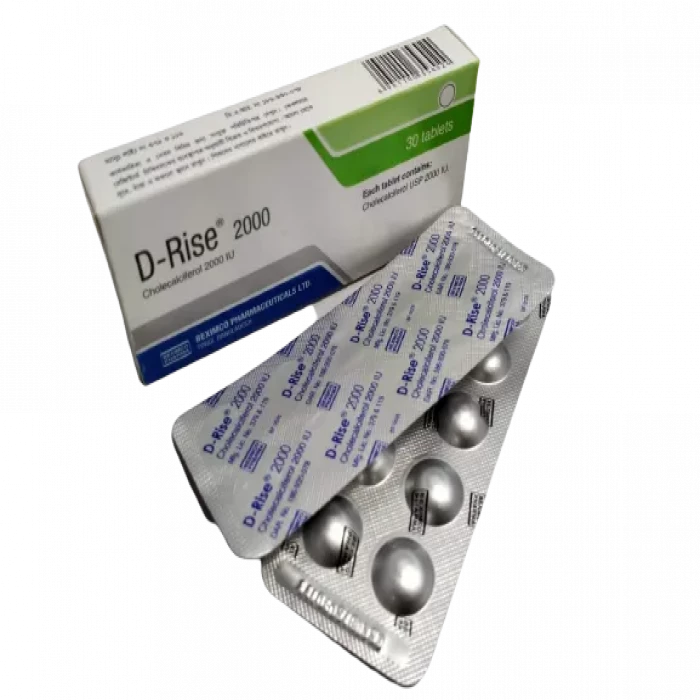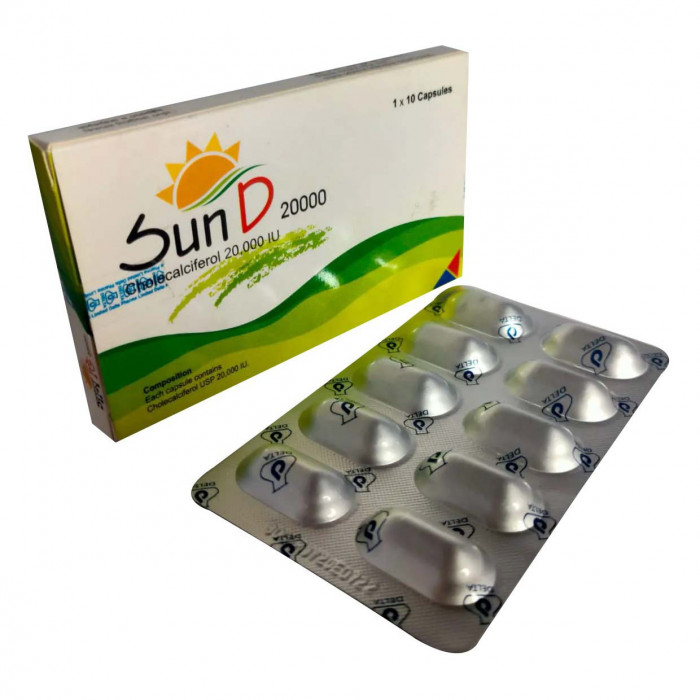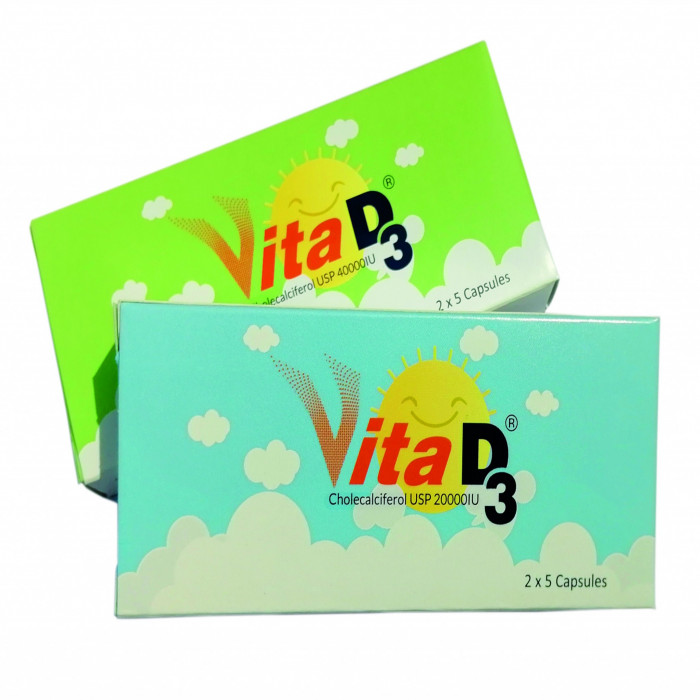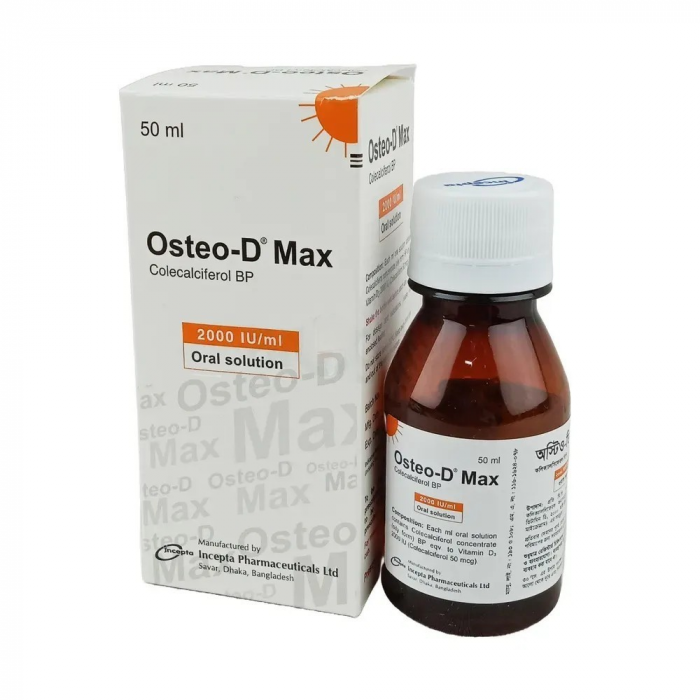
✔ 100% Authentic Product
👁️ Currently Viewing 3339
Osteo-D Max 2000 IU/ml Oral Solution
Osteo-D Max is indicated for the treatment of conditions such as osteoporosis, hypoparathyroidism, rickets, osteomalacia, vitamin D deficiency, pseudohypoparathyroidism, and familial hypophosphatemia.
Discount
Price: ৳ 144
MRP:
৳
150
4%
Off

100% Genuine Products, Guaranteed

Safe & Secure Payments, Always

Fast, Secure & Efficient Delivery

Proper Packaging
 Cash on Delivery - All over Bangladesh
Cash on Delivery - All over Bangladesh Regular Delivery - 12-24 Hours, Dhaka City* Charge Tk.39-59
Regular Delivery - 12-24 Hours, Dhaka City* Charge Tk.39-59 Regular Delivery - 24-48 Hours, Other Cities* Charge Tk.99-110
Regular Delivery - 24-48 Hours, Other Cities* Charge Tk.99-110
 ফ্রি ডেলিভারিঃ - ৯৯৯ টাকা+ অর্ডারে, ঢাকা
শহরে
ফ্রি ডেলিভারিঃ - ৯৯৯ টাকা+ অর্ডারে, ঢাকা
শহরে ফ্রি ডেলিভারিঃ - ২৯৯৯ টাকা+ অর্ডারে, ঢাকার
বাহিরে
ফ্রি ডেলিভারিঃ - ২৯৯৯ টাকা+ অর্ডারে, ঢাকার
বাহিরে
100% Genuine Products, Guaranteed
Safe & Secure Payments, Always
Fast, Secure & Efficient Delivery
Proper Packaging
 Cash on Delivery - All over Bangladesh
Cash on Delivery - All over Bangladesh Regular Delivery - 12-24 Hours, Dhaka City* Charge Tk.39-59
Regular Delivery - 12-24 Hours, Dhaka City* Charge Tk.39-59 Regular Delivery - 24-48 Hours, Other Cities* Charge Tk.99-110
Regular Delivery - 24-48 Hours, Other Cities* Charge Tk.99-110 ফ্রি ডেলিভারিঃ - ৯৯৯ টাকা+ অর্ডারে, ঢাকা
শহরে
ফ্রি ডেলিভারিঃ - ৯৯৯ টাকা+ অর্ডারে, ঢাকা
শহরে ফ্রি ডেলিভারিঃ - ২৯৯৯ টাকা+ অর্ডারে, ঢাকার
বাহিরে
ফ্রি ডেলিভারিঃ - ২৯৯৯ টাকা+ অর্ডারে, ঢাকার
বাহিরে
✅ Description:
Vitamin D3 deficiency may occur in individuals with limited sunlight exposure or insufficient dietary intake. Vitamin D3 is vital for the proper absorption of calcium and phosphate, essential for maintaining healthy bones and teeth and preventing conditions like rickets, osteomalacia, and osteoporosis. It also plays a crucial role in preventing pre-eclampsia during pregnancy and is important for infant development during breastfeeding. Vitamin D3 additionally helps boost immunity.
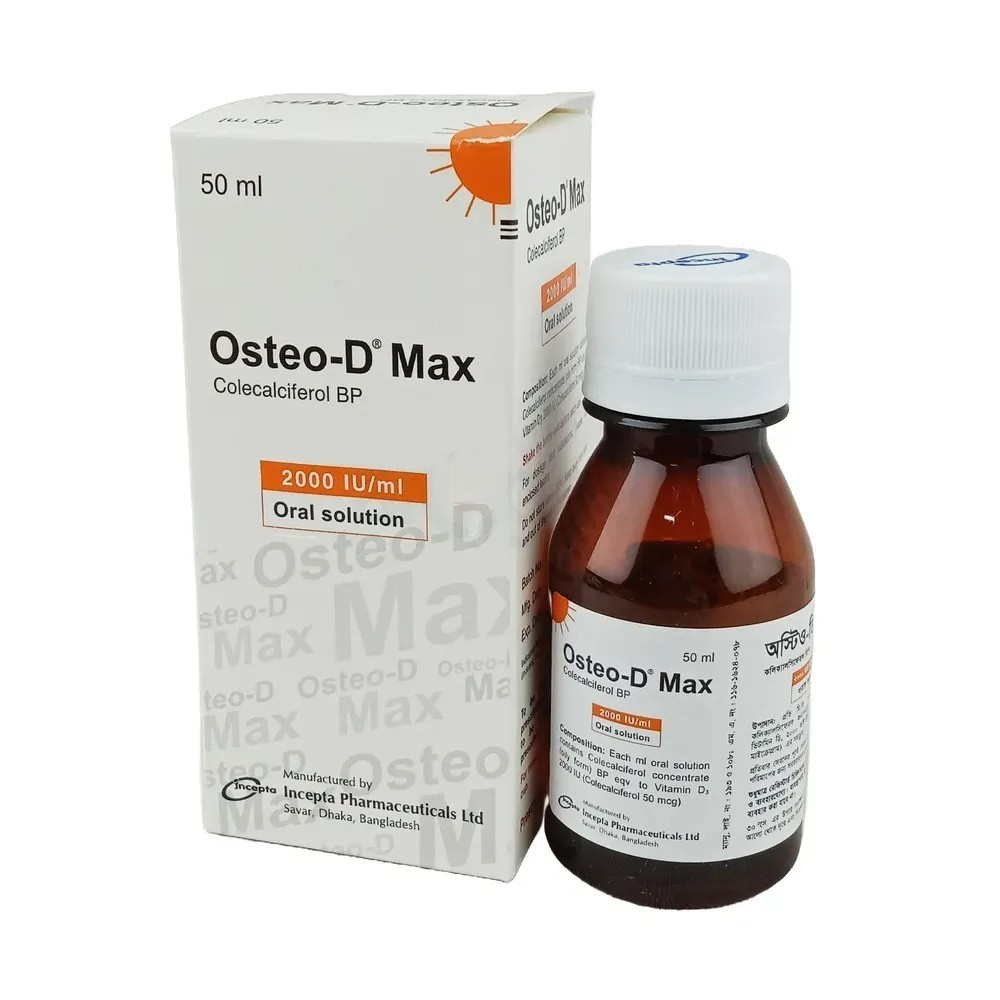
✔️ Composition of Osteo-D Max 2000 IU/ml Oral Solution
Cholecalciferol [Vitamin D3]
✔️ Syrup/Suspension: Osteo-D Max 2000 IU/ml Oral Solution
- Risk of deficiency:
- 0-1 year: 400 IU daily (2 ml).
- Over 1 year: 600 IU daily (3 ml).
- Deficient patients:
- 0-1 year: 2000 IU daily (+50,000 IU weekly for 6 weeks).
- 1-18 years: 2000 IU daily for 6 weeks.
The safety and efficacy of Vitamin D3 in children under 12 years have not been established.
✔️ Side Effects of Osteo-D Max 2000 IU/ml Oral Solution
Side effects are rare but may include anorexia, fatigue, nausea, vomiting, diarrhea, constipation, weight loss, excessive urination, sweating, headaches, thirst, dizziness, and elevated calcium and phosphate levels in blood and urine.
Overdose Effects
Excessive intake can lead to hypervitaminosis D.
✔️ Pharmacology
Vitamin D3, in its active form (Calcitriol), works by binding to Vitamin D receptors (VDRs), which are found in various tissues throughout the body. Vitamin D3 has a half-life of around 50 days due to its fat-soluble nature. It is absorbed in the small intestine and binds to specific α-globulins before being transported to the liver. In the liver, it is converted to 25-hydroxy Vitamin D3 (Calcidiol), which is further hydroxylated in the kidneys to 1,25-dihydroxy Vitamin D3 (Calcitriol), the active form responsible for enhancing calcium absorption. Unmetabolized Vitamin D3 is stored in fat and muscle tissues and excreted in the feces and urine.
✔️ Administration of Osteo-D Max 2000 IU/ml Oral Solution
This medication can be taken with or without food.
✔️ Interactions
- There is an increased risk of hypercalcemia when taken with thiazide diuretics, calcium, or phosphate supplements.
- Antiepileptics (e.g., carbamazepine, phenobarbital, phenytoin, and primidone) may increase vitamin D requirements.
- Rifampicin and isoniazid may reduce vitamin D's effectiveness.
- Corticosteroids can counteract the effect of vitamin D.
- Caution should be used when taking digoxin or other cardiac glycosides.
- Reduced absorption of vitamin D can occur when taken with cholestyramine, colestipol, mineral oil, or orlistat.
✔️ Contraindications
Colecalciferol is contraindicated in conditions associated with hypercalcemia and in patients with known hypersensitivity to Colecalciferol or any of its components. It is also contraindicated in cases of vitamin D toxicity.
✔️ Pregnancy & Lactation
Studies indicate that doses up to 4000 IU are safe during pregnancy. The recommended daily intake for pregnant women is 400 IU, but higher doses may be necessary in cases of deficiency. Vitamin D3 and its metabolites are excreted in breast milk. While no cases of overdose in infants due to maternal intake have been reported, practitioners should consider the total Vitamin D3 intake for both mother and child when prescribing.
✔️ Precautions
Caution is advised for people with high levels of calcium or phosphorus, heart problems, or kidney disease. Vitamin D should be taken with sufficient calcium and magnesium. When calcium levels are low, the parathyroid gland produces parathyroid hormone (PTH), which activates vitamin D and mobilizes calcium from bones to maintain vital functions, such as neutralizing body acidity. During lactation, vitamin D passes into breast milk, so it should be used with caution.
✔️ Storage Conditions
Store below 30º C, away from light and moisture. Keep out of reach of children.
⚠️Disclaimer:
At ePharma, we’re committed to providing accurate and accessible health information. However, all content is intended for informational purposes only and should not replace medical advice from a qualified physician. Please consult your healthcare provider for personalized guidance. We aim to support, not substitute, the doctor-patient relationship.




